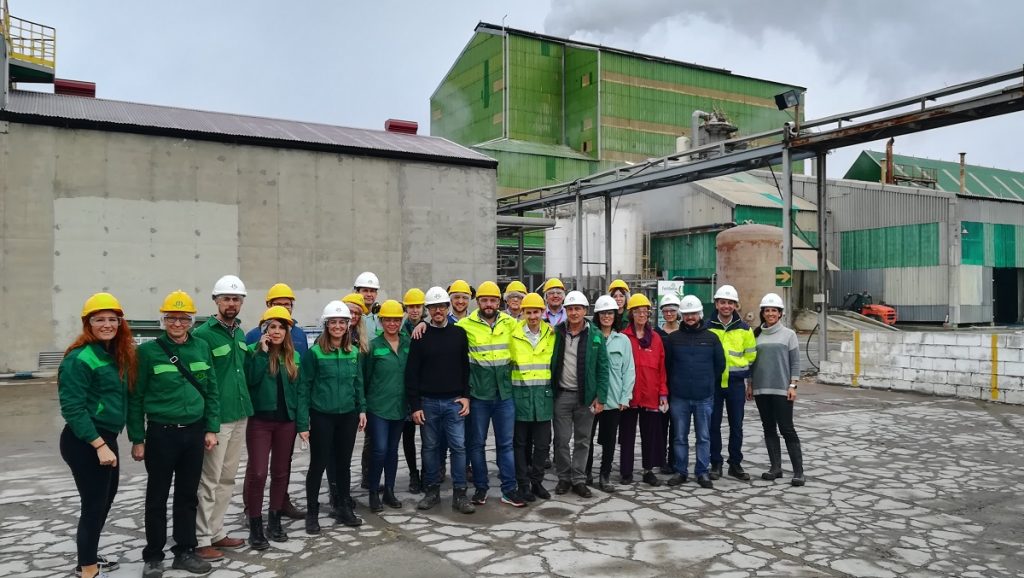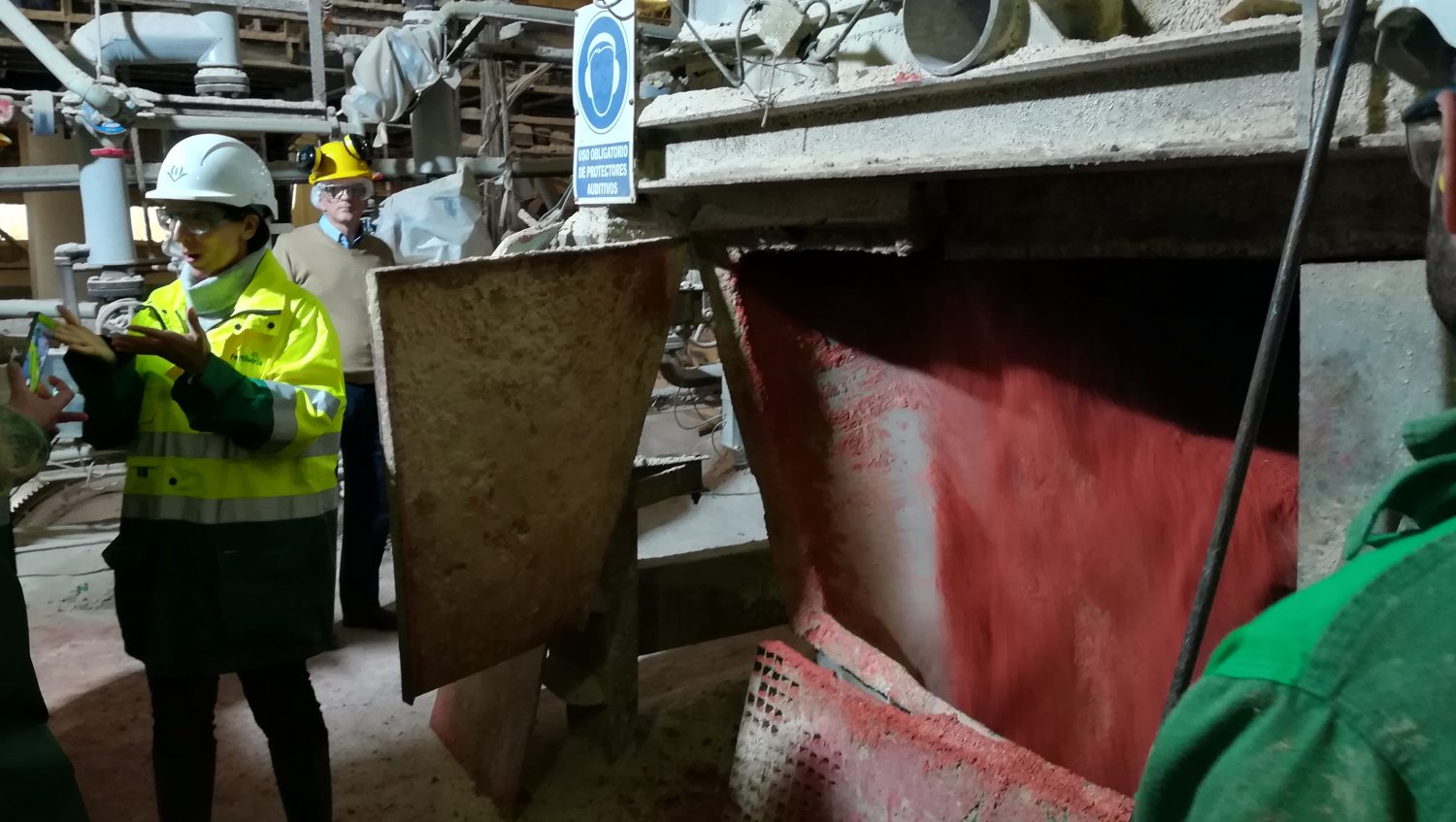PRESS RELEASE - 14 January 2020
Last November the B-FERST project had its six-months meeting in Seville, Spain. An occasion to discuss common challenges and future steps.
November, 26th-27th, Seville, Spain – Six months have passed since B-FERST started, last May. At the end of November 2019, the consortium met in Seville, Spain, to recount its latest developments and share thoughts on how to proceed with the next steps. The B-FERST project introduces a circular approach in the agri-food system by valorising bio- waste and creating new circular and bio-based value chains.
Why is B-FERST necessary?
Over the last years, the demand for food has increased rapidly, and this is going to worsen fast. Agriculture needs to become more productive and resilient to climate shocks while reducing waste and dependency on non-renewable resources. In this framework, the farming sector faces a hard challenge: sustainably increasing land productivity, while agriculture specialisation often compromises the presence of soil nutrients.
How can B-FERST reverse this trend?
B-FERST encourages the fertiliser industry to supply renewable nutrients. Bio-based fertilisers can be part of such a change. Specifically, one of the main results of B-FERST – Bio-based fertilising products as the best practice for agricultural management sustainability is the development of 8 innovative bio-based fertilisers. The project proposes to shift the fertilisers value chain from the current production−income based approach to a sustainable production model focused on tailor-made bio-based fertilisers. The ultimate goal of B-FERST is to get both farmers and industries on board, to make agriculture more sustainable.
What about the meeting?
The meeting was an occasion for partners to catch up on the work done in the first six months of the project, to discuss common challenges ahead and share first results. Partners also had the opportunity to visit the NPK plant of Grupo Fertiberia in Huelva, on the south coast of Spain, were sustainable fertilisers are produced, stocked and shipped to European clients and plants. Nowadays, project members are busy creating a stakeholder community around B-FERST, mostly made of representatives from SMEs, the research community and civil society, whose involvement will be crucial in the final phases of the project. B-FERST will hold for them a training programme which will push the uptake of the B-FERST innovative technologies and facilitate the acquisition of those skills which sector professionals will have to master to adopt solutions developed by the project.
Any further collaboration?
B-FERST is part of a big community of bio-based projects, funded by the EU Bio-Based Industry. Here, exchanges between similar projects are critical to the success of each project and collaboration with sister projects is already ongoing. The BBI Stakeholder Forum, held last 3-5 December in Brussels, was a first occasion to meet the projects and to set the basis for a stronger collaboration shortly.
For more information about the project, visit the B-FERST website, and follow us on Twitter and LinkedIn.




